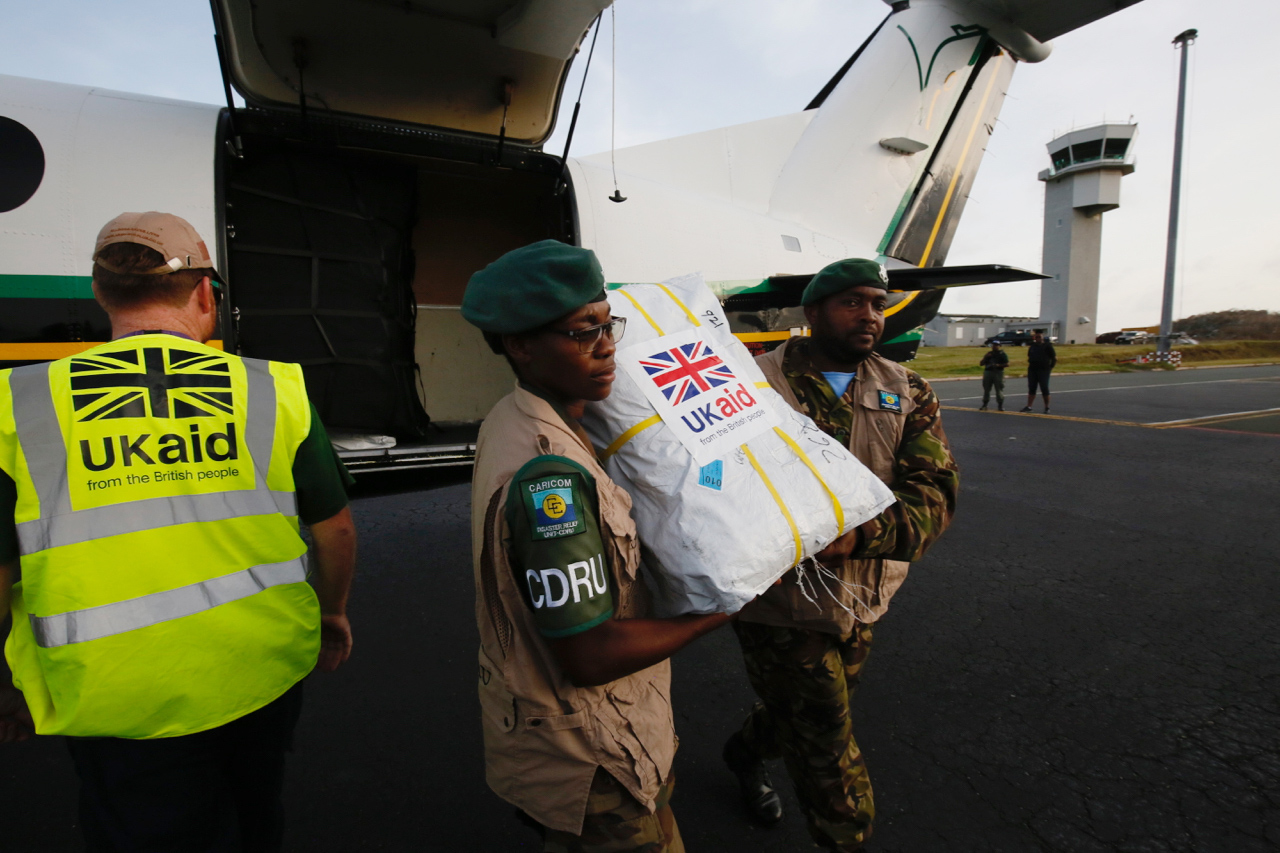Penny Mordaunt has been confirmed as the UK’s new Secretary of State for International Development. Coming fresh to an agenda can be a major asset, but it can be hard to pick out the things that really matter. As civil servants dust off their detailed briefs, we try to stand back and identify five points that we think are important to understand about the UK’s role in global development on Day 1 in the job.
-
Development is much more than aid. You’ll be told that to achieve the sustainable development goals (SDGs) will mean a leap in financing from “billions to trillions”—but the pathway to achieving the SDGs is not just aid, nor even just financial. It’s about a whole set of policies, national and international, from increasing trade with the poorest countries to tackling climate change, and from supporting our world-class research and development institutions to tightening up the international tax system.
-
Migration is, and will continue to be, a major driver of development. As labour moves to areas with higher capital, it increases its ability to produce and earn. Not only do workers contribute to the economy of their new “home,” they usually send money back to their families. These remittances now outweigh aid flows. Targeted aid can help reduce forced migration from conflict, persecution, or disasters, but some pressures from migration are probably irresistible. Even as the Government is committed to reducing net migration, it can promote policies to make existing migration work for development.
-
Lasting development depends on private finance and taxation. DFID has already positioned itself to help countries catalyse private investment and raise more tax. And there are genuine win-wins, so that investment will benefit the UK and development together. But beware: there are pitfalls. Remember Pergau Dam, where development money was misspent? Mordaunt can commit DFID to a broader vision of global development being in the national interest, and avoid a narrower conception of our commercial or strategic interests.
-
Overseas aid has a very strong mandate. The commitment to 0.7 percent of GDP on aid was supported by all the main political parties at the 2016 election, and amounts to under £220 per person in the UK per year. It is critical that aid is spent well, and DFID is a world leader in making aid effective. But beware: demanding immediate short-term results can undermine long-term success. And smart people need the flexibility to make adjustments and experiment with new solutions without getting approval from HQ at every turn. Mordaunt must be prepared to take risks and withstand attacks from ideological opponents of international development. Some failure is unavoidable in the world’s poorest contexts.
-
Many friends of DFID say that the UK has stepped back from its leadership role on global development and humanitarian assistance. Though the UK has world-class NGOs, some of the best university research, and strong political support for aid from the main political parties, it is up to the Government to lead on bold new initiatives. Despite its commitments to a global Britain, the UK is perceived by the US, European partners, and others to have given up its leadership role. China and other emerging market economies are poised to become dominant players through their support of “South-South” development. There are excellent UK initiatives like the Smart Rules on better aid programmes, and a push improvements to the multilateral system including on humanitarian response. These have wider relevance to all development actors but will need Mordaunt’s support. The UK can and should step forward, not back, in shaping and bringing new ideas to the development discussion.
The new Secretary of State, who will be supported by a new Permanent Secretary, has a strong platform on which to build. Mordaunt can make the most of DFID and the UK’s strong reputation abroad, making the case to the British public and international partners that effective development is important to the UK’s future in its own right.
DFID is not merely an aid department: it should also be a development ministry, working effectively with and across government, and with international partners, to support policies and programmes that accelerate the realisation of a more peaceful, prosperous, and sustainable world.
CGD blog posts reflect the views of the authors, drawing on prior research and experience in their areas of expertise.
CGD is a nonpartisan, independent organization and does not take institutional positions.





